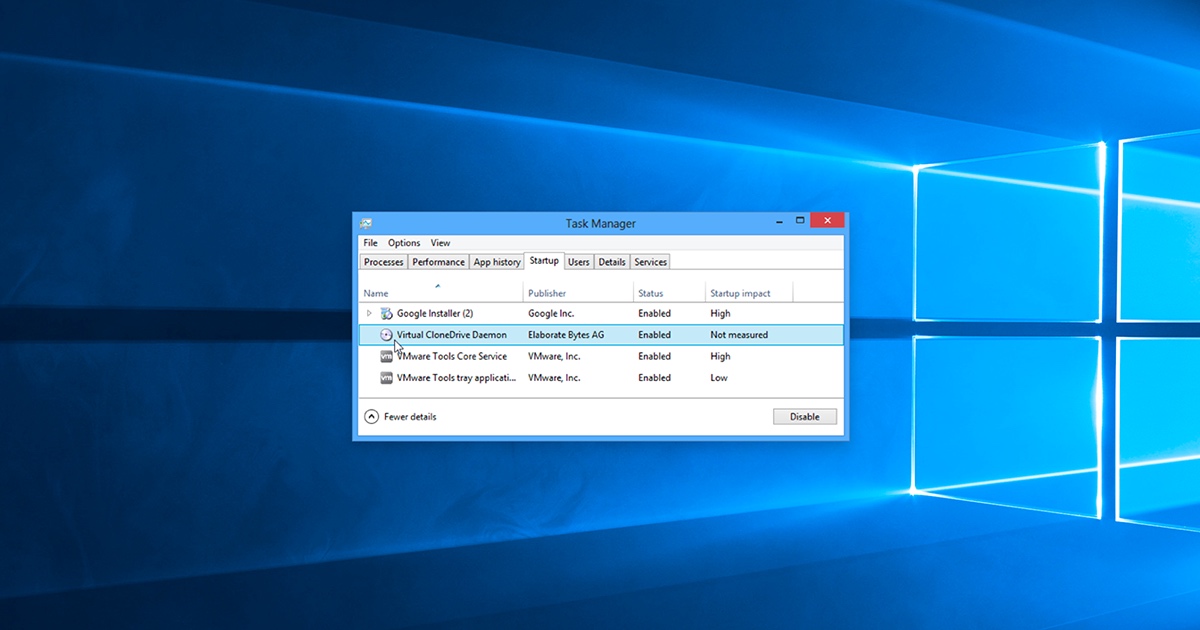

How to make computer faster for recording software#
Find incremental backup software that you like and run it regularly (a good professional standard is daily for audio drives and weekly for sample drives). They connect either by USB 2.0 or eSATA (if you have a port fitted). Make sure you regularly back up of all your drives.If you're using internal drives get yourself an external caddy that takes SATA drives. If you're happy with the edits, consolidate the tracks. This is a bit like fragmenting your disk as the DAW reads the file back and forth moving those edit sections around, not to mention computing all those crossfades. If you have loads of edited audio tracks you can end up with thousands of audio regions, particularly when editing multi-tracked drums. Take the time to make your own slimmed- down versions and just think of all that RAM and load time you'll save. Everybody has favourite 'go to' patches but often we only want one or two elements. Sort out your bloated sampler instruments Everything runs a bit better and you aren't forcing your disks to work overtime.

Go to Start -> Run -> and type msconfig in the field provided.

After cleaning up your system, restart and boot normally. Run 64-bit and get more RAMĮven with super-fast disks and bus speeds nothing makes life easier than having as much RAM as you can afford. Restart your PC, and immediately after the boot screen, repeatedly press the F8, then navigate to the Safe Mode using your arrow keys and press Enter. Work on a Mac? OS X does a great job of keeping itself in check. It allows you to analyse a disk, defrag it if necessary or set an automated schedule to do it. Run a defrag program like Windows Disk Defragmenter. Run a defrag programĭisk fragmentation (when files get split into bits because there is not enough contiguous space to store them as complete units) makes your disk run slower as the read head has to bounce back and forth looking for all the bits. It means you can find things easily when you want them and so can your computer. If you collect samples from lots of sources make sure you have a folder and subfolder structure that you stick to. Use sensible and logical file structures for your samples wherever possible


 0 kommentar(er)
0 kommentar(er)
